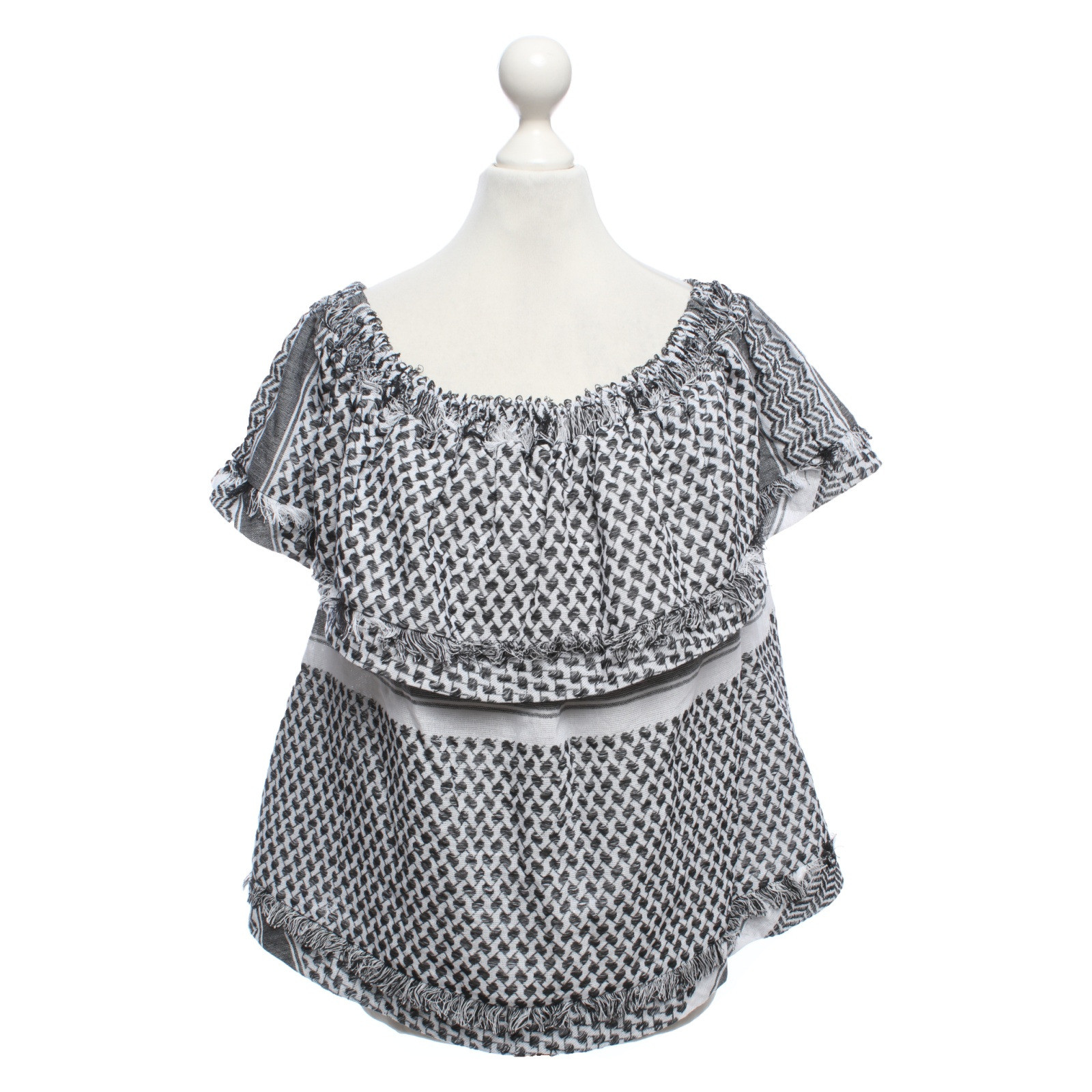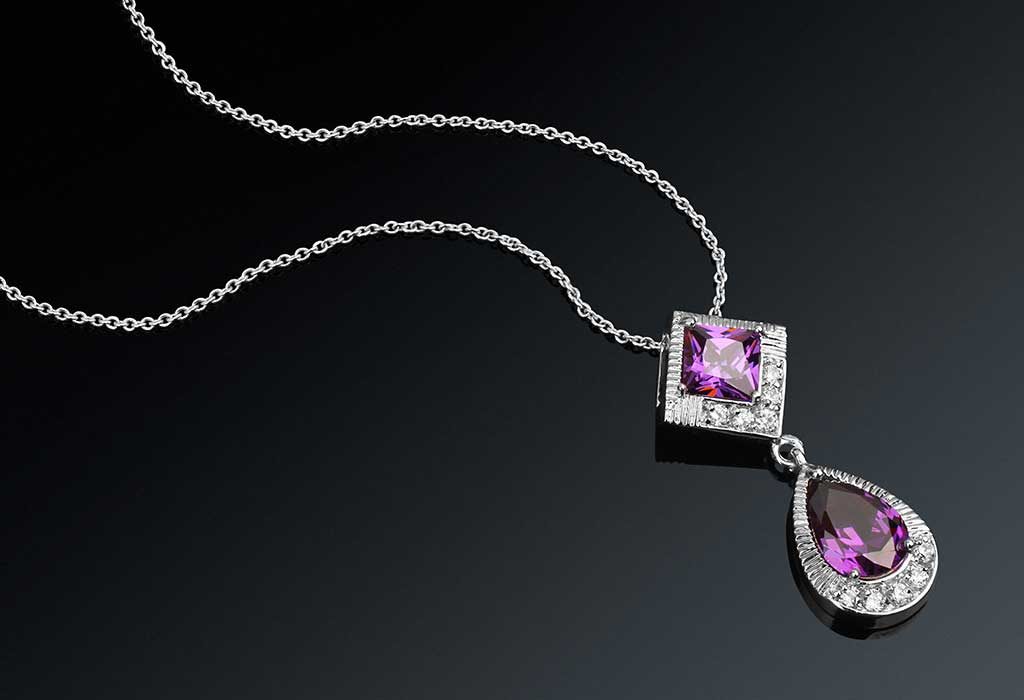Lifestyle is a danger to gut bacteria: Ötzi demonstrates it, the study reveals
The intestinal microbiome is a delicate ecosystem comprised of a huge number of microorganisms, bacteria specifically, that help the immune system, protect individuals from virusespathogens,assist them with absorb nutrientsproduce energy
The industrialization procedure in Western nations hugely affected its contentThis was affirmed by an examination of the bacteria found in the intestine of Ötzi, the Iceman who, in 1991, rose up out of the ice of the Ötztal Alps, where Italy borders with AustriaResearchers of Eurac Research examined samples of the mummy’s bacteria, affirming the discoveries of the analysts of the University of Trento who had examined the genome of intestinal microorganisms of more than 6500 people from all continents
Past studies by the University of Trento had shown that there is a connection between the microbiome’s bacterial contentthe increase, in Western nations, of obesity, autoimmunegastrointestinal diseases, allergiesother complex conditionsIn the examination that showed up in Cell HostMicrobe, specialists from Cibio of the University of TrentoEurac in Bolzano/Bozen exhibited that the differences between Westernnon-Western or prehistoric microbiome lie in the lessening of certain kinds of bacteria that complexvegetal fibers in the intestine.
That may have been brought about by the Westernization procedureChanges in diet, which is presently higher in fatlow in fibers, a stationary lifestyle in a urban setting, the improvement of new hygiene habitsthe across the board utilization of antibioticsother medical products have, with no uncertainty, made life more secure, yet affected the delicate balance of our microbiome.






